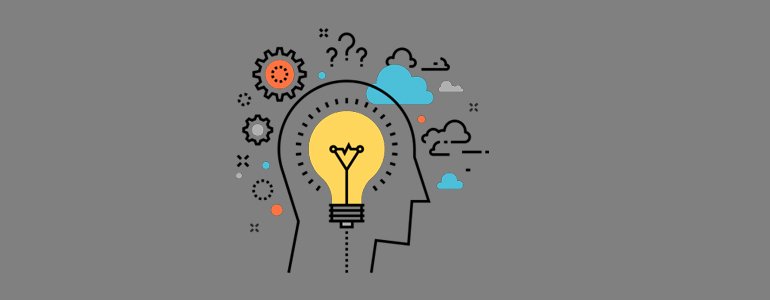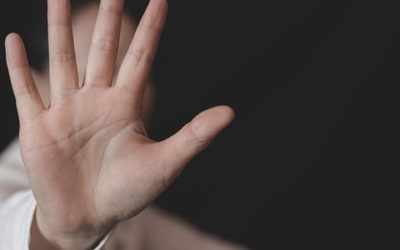Moral injury refers to an injury to an individual’s moral conscience resulting from an act of perceived moral transgression which produces profound emotional guilt and shame, and in some cases also a sense of betrayal, anger and profound ‘moraldisorientation’.
The recognition of moral damage is given when the so-called “personality rights” of an individual is damaged and it directly hits the dignity of the human being in their intimacy, honor, reputation and feelings of affection. As a general rule, in order to configure moral damage, the following is necessary: the offending action, the damage suffered, the causal link between the action and the damage, and the intent or guilt of the agent who caused the damage.
In this context, the personality rights are inherent to the human being, and they can, in certain situations, be extensive to the legal persons. This is provided by article 52 from the Civil Code, and it says: “The protection of personality rights is applied to the legal persons when appropriate”. However, some damages can´t be experimented by the legal person; for example, anguish, pain, suffering, psychic disturbance related to self-esteem or dignity, humiliation, emotional instability, among others, because they don´t have “a physical body susceptible to suffer any kind of psychological or emotional distress”.
In order to reach an agreement regarding this understanding, the Superior Court of Justice has already determined in its Precedent 227 that: “The legal person can suffer moral damage”. But it´s necessary to prove the damages suffered concerning their image or good commercial name, once one can not presume an offense to the honor of a legal person as it happens when we talk about a natural person. So, in order to exist a moral damage suffered by the legal person, the damage must obligatorily affect their objective honor, that is, their good name, reputation or image; in other words, the damage suffered must shake the public concept that the company projects to society.
A recent example occurred in Sorocaba/SP, when after an altercation among the clients of a bar, one of the involved parties started publishing messages in the social medias depreciating the image of the bar, including insinuating a boycott to the establishment. The lawsuit was favorable to the establishment, and subsequently, the São Paulo Court of Justice unanimously maintained the judge´s decision in first instance, sentencing the offenders to pay a compensation for moral damages of R$ 20,000.00 (twenty thousand Reais). The appellate judges understood that “the manifestations extrapolated the right to criticize the commercial establishment and its owner”.
Finally, it is not correct to say that the patrimonial disturb suffered by the legal person configures moral damage, as well as it is not correct to say that any commercial dispute or even a breach of contract would be. In those circumstances, the constituted damage would be patrimonial, not moral, once it doesn´t affect their image and concept before the society, the main principle of the moral damage.
Caio Galdi in collaboration with Cinthya Imano Vicente Ribeiro.




